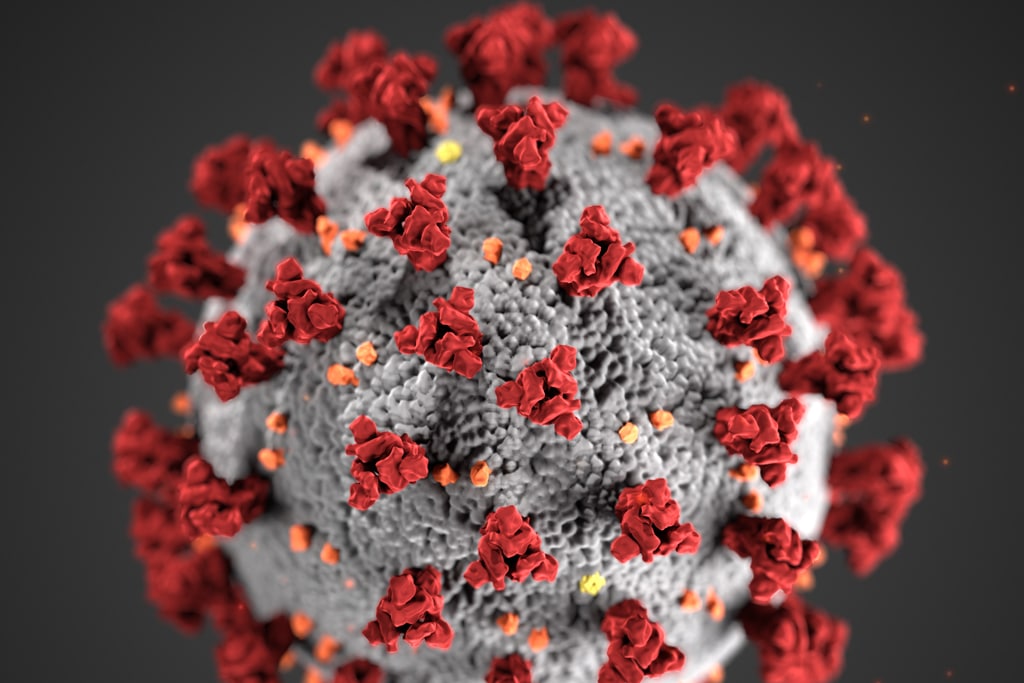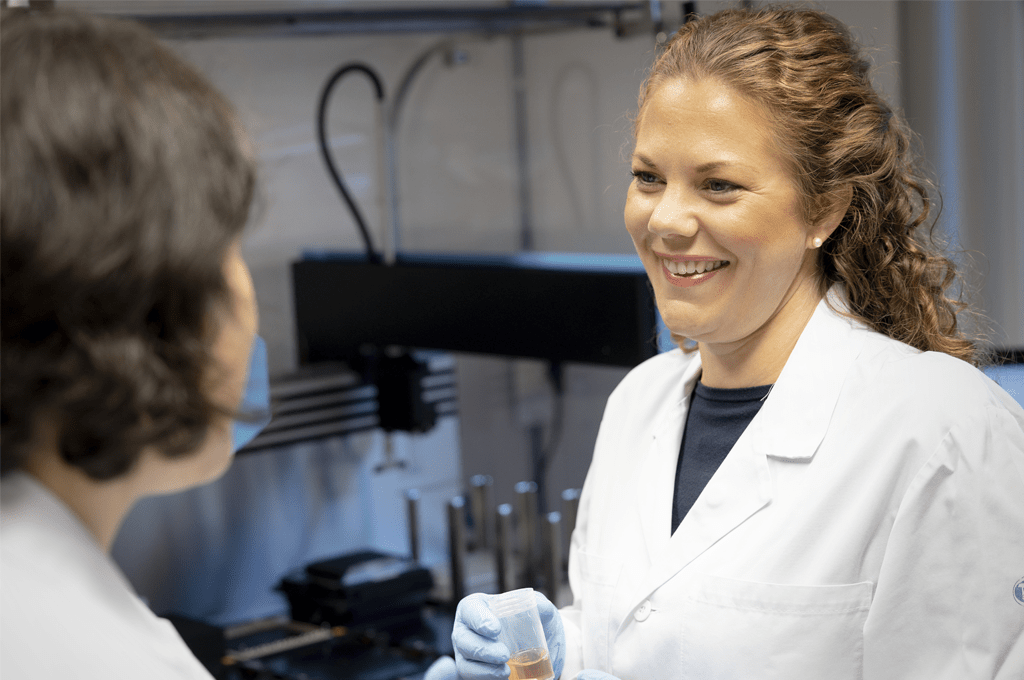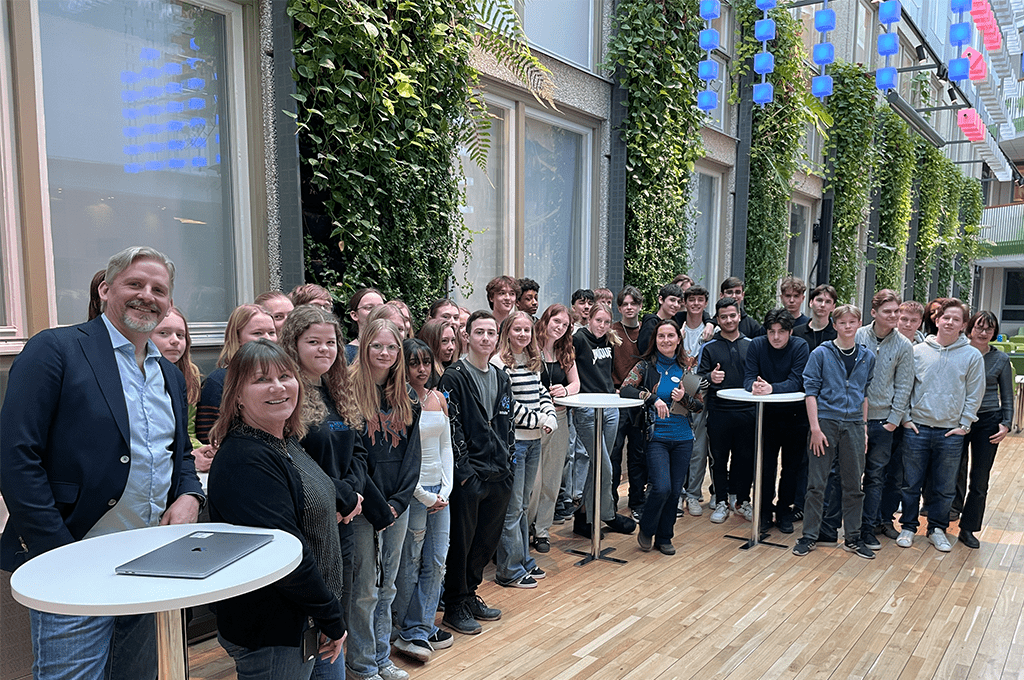SciLifeLab COVID-19 testing up and running at high speed
Since the beginning of the corona pandemic, SciLifeLab, along with its host universities Uppsala University, Stockholm University, Karolinska Institutet and KTH Royal Institute of Technology, has participated in the ongoing battle, setting up large-scale COVID-19 testing and analysis capabilities, as well as facilitating research to gain better insights into the disease.
The efforts have been coordinated with the Public Health Agency, the healthcare regions, Akademiska sjukhuset, Karolinska University Hospital, Genomic Medicine Sweden and Knut and Alice Wallenberg Foundation. Now, the analysis of samples is up and running according to plan.
“The CTMR unit at SciLifeLab and Karolinska Institutet is fully scaled up to perform COVID-19 analyses on a national level”, says Lars Engstrand (SciLifeLab/Karolinska Institutet). “We are able to run 5000 samples a day and all regions are welcome to send us samples for analyses”.
“So far, Västra Götalandsregionen is sending the largest quantities of samples. The samples come from the healthcare and elderly care systems, but we are ready to expand further following the prioritisation of groups to be tested. This prioritisation is set up by the Public Health Agency, which is commissioned to coordinate the testing at a national level”, says Lars Engstrand.
The serological testing project, utilizing a multiplex bead-based method that can detect antibodies against COVID-19, led by Sophia Hober (KTH) and Peter Nilsson (SciLifeLab/KTH), is also running at full speed. The method of analysis has been developed at the Autoimmunity Profiling unit at SciLifeLab.
“We are now analyzing 7 000 samples per week. To date, 12 000 samples have been analyzed at the SciLifeLab unit”, says Peter Nilsson (SciLifeLab/KTH).
The team is collaborating with both Danderyd Hospital and Karolinska University Hospital, analyzing controls and samples from the hospital staff members. There have also been many negative and positive controls and other samples delivered through the Public Health Agency.
“The initial results point towards a percentage in the range of 10-20% having antibodies against COVID-19, but it will be interesting to have a more precise figure soon as more and broader groups of sample providers have been analyzed”, explains Peter Nilsson.





